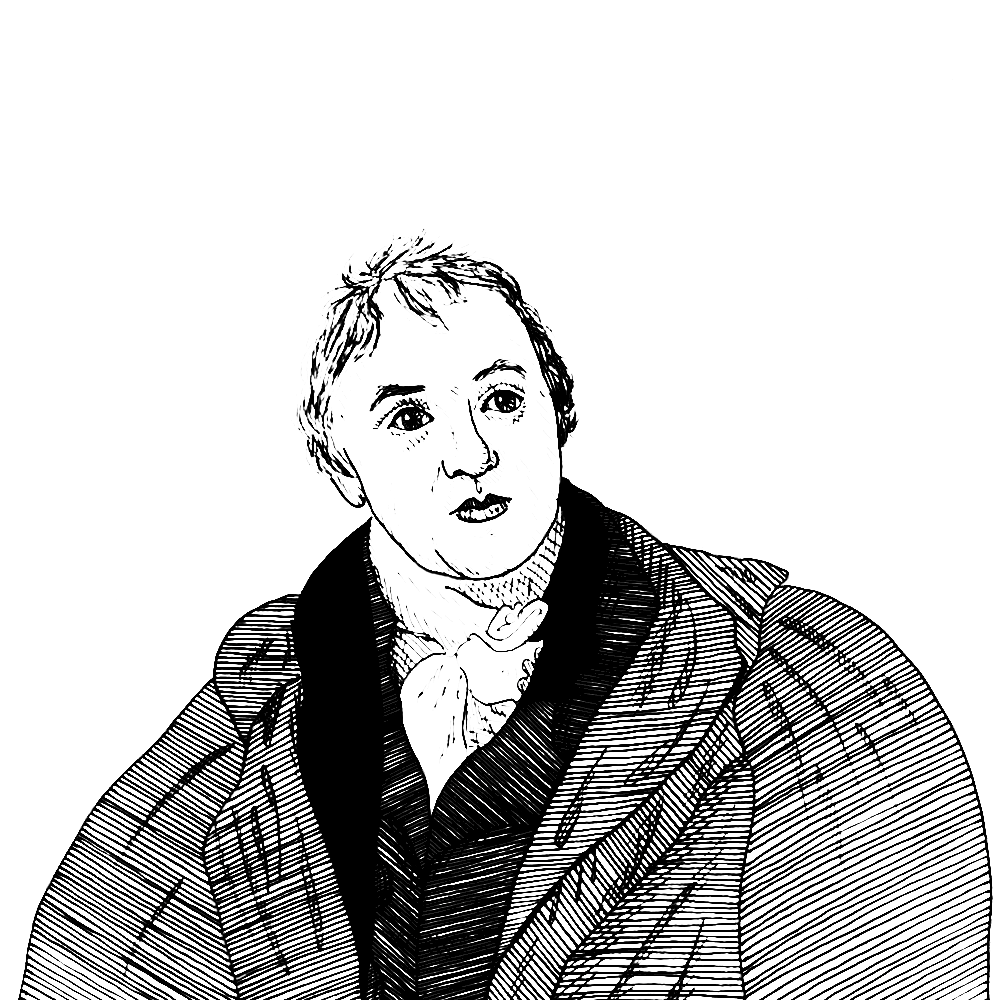
James Mackintosh on how constitutions grow and are not made (1799)
Found in: Vindiciae Gallicae and Other Writings on the French Revolution
The Scottish Whig politician and moral philosopher Sir James Mackintosh (1765-1832), writing during the French Revolution, believed that a free constitution was one that evolved gradually over time and was not created in one piece by men in an act of violence:
Law
Such a body of political laws (the constitution of a state) must in all countries arise out of the character and situation of a people; they must grow with its progress, be adapted to its peculiarities, change with its changes, and be incorporated with its habits. Human wisdom cannot form such a constitution by one act, for human wisdom cannot create the materials of which it is composed. The attempt, always ineffectual, to change by violence the ancient habits of men, and the established order of society, so as to fit them for an absolutely new scheme of government, flows from the most presumptuous ignorance, requires the support of the most ferocious tyranny, and leads to consequences which its authors can never foresee,—generally, indeed, to institutions the most opposite to those of which they profess to seek the establishment.